| By Ruth Gerson Victoria Vorreiter has trekked to remote mountain villages in Laos, Myanmar, Thailand and China to keep alive cultural traditions before they disappear WHAT happens when modern life encroaches on the lives of indigenous and tribal cultures? The answer is the erosion of customs and ways of the people which it touches, causing within a number of years for them to disappear into oblivion. With the hustle and bustle of daily life it is easy to overlook these people, and only notice the loss of their culture when it is too late. Fortunately, there are some individuals who are tuned to these dilemmas and who have made it their lifework to preserve these treasures before they have totally vanished. Victoria Vorreiter is such a person. Victoria’s focus has been on music, it having played a major part in her life as a trained violinist. However, one cultural element cannot be isolated from the rest and inevitably other elements are drawn in, such as festivals and ceremonies that facilitate the music, the interaction of the people involved and the clothes that they wear - in other words, the scope is always wider than it initially seems. An American, Victoria obtained her bachelor's degree from the University of Michigan and her master's degree from DePaul University in Chicago. While performing in classical orchestras, she also taught young people through the Suzuki method which is based on the principles of "oral tradition.” |
| While holding teaching positions in the US, France and England, and teaching at international conferences in Europe, Asia, the Caribbean, and the Pan Pacific, she was exposed to foreign cultures that piqued her interest. Her graduate work in documenting music took Victoria to Morocco and inspired her to seek other cultures to work with. This brought her in 2005 to Southeast Asia, choosing Chiang Mai as her base. The area known as the Golden Triangle was unchartered territory in the field of tribal music, and Victoria found her niche there. Trekking to remote mountain villages in Laos, Myanmar, Thailand and China, she began researching and documenting the traditional music and rituals of the numerous tribes that dwell there. "It is a crossroads that makes for one of the most culturally remarkable places on the planet,” she says. Her first project, sponsored in part by the Jim Thompson Foundation, resulted in the “Songs of Memory" multi-media exhibition, which was launched in 2009 at the premises of the Jim Thompson House in Bangkok. |
This large body of work weaves together a variety of dynamic forms - book, compact disc, photographs, films, musical instruments, artifacts and textiles. The "Songs of Memory" exhibit traveled further afield having been displayed at the Chiang Mai Arts and Culture Center and at the East-West Center in Hawaii.
The hill tribe people are animists who live close to nature and who have developed music and sacred chants to accommodate their various life ceremonies and rites. Their lifestyle has changed little over the centuries, but it is in danger of succumbing to the modern environment that is spreading fast in the mountains of the North.
Victoria's interest in music and indigenous cultures is expressed in her research and findings that are recorded, hopefully for posterity. "I am interested in the sonic environment - the music, ceremonies and culture,” she says. This is what had prompted her to delve into the the lives of the six major hill tribe groups that straddle the Golden triangle and the neighboring regions – the Akha, Lahu, Lisu, Mien, Hmong and Karen. As time went by, Victoria's work became more concentrated in hopes of creating an in-depth archive of these groups, beginning with the Hmong, which she has been studying for the past six years. Her work resulted in the “Hmong Songs of Memory” book and ethnographic film, published in 2016, which highlights all lyrics in the Hmong language as well as in English.
The hill tribe people are animists who live close to nature and who have developed music and sacred chants to accommodate their various life ceremonies and rites. Their lifestyle has changed little over the centuries, but it is in danger of succumbing to the modern environment that is spreading fast in the mountains of the North.
Victoria's interest in music and indigenous cultures is expressed in her research and findings that are recorded, hopefully for posterity. "I am interested in the sonic environment - the music, ceremonies and culture,” she says. This is what had prompted her to delve into the the lives of the six major hill tribe groups that straddle the Golden triangle and the neighboring regions – the Akha, Lahu, Lisu, Mien, Hmong and Karen. As time went by, Victoria's work became more concentrated in hopes of creating an in-depth archive of these groups, beginning with the Hmong, which she has been studying for the past six years. Her work resulted in the “Hmong Songs of Memory” book and ethnographic film, published in 2016, which highlights all lyrics in the Hmong language as well as in English.
| This work was accompanied by the “Hmong Songs of Memory, Hmong Threads of Life" exhibition, a many layered display of photographs, film, recordings and collections of traditional musical instruments, textiles and artifacts that was hosted at the Tamarind Village in Chiang Mai. Lectures in Chiang Mai and Bangkok followed, displaying and discussing the ancestral Hmong musical practices and colorful clothing and woven materials of the Hmong, in addition to their musical practices. “And now I hope to take it (her work) into the bigger world - United States, Europe and back to the villages,” she says. The book and all materials were the result of Victoria's visits to over twenty villages, with countless meetings with musicians, shamans, ritual specialists, artisans and villagers. Although Victoria regards her journey as magical, as so many interesting things emerge with each trip to the villages, its challenges are like those of any `real' job. Never standing still and always looking for ways to impart knowledge of the hill tribes, Victoria's next destination is Hong Kong where she will present a series of lectures to the Royal Geographic Society and the Asia Society So what does the future hold for Victoria? She plans to explore the oral traditions of the Hmong and help preserve their culture and those of other tribes that are transforming and even vanishing. "We become less culture-rich as we become more homogenized," she says. Victoria hopes to inspire the global community to understand the way humans express themselves, their differences and similarities. Her dream is to "launch a center for traditional culture,” it may be far in the future, but nothing is impossible. To learn more about the "Songs of Memory” project, visit www.TribalMusicAsia.com |

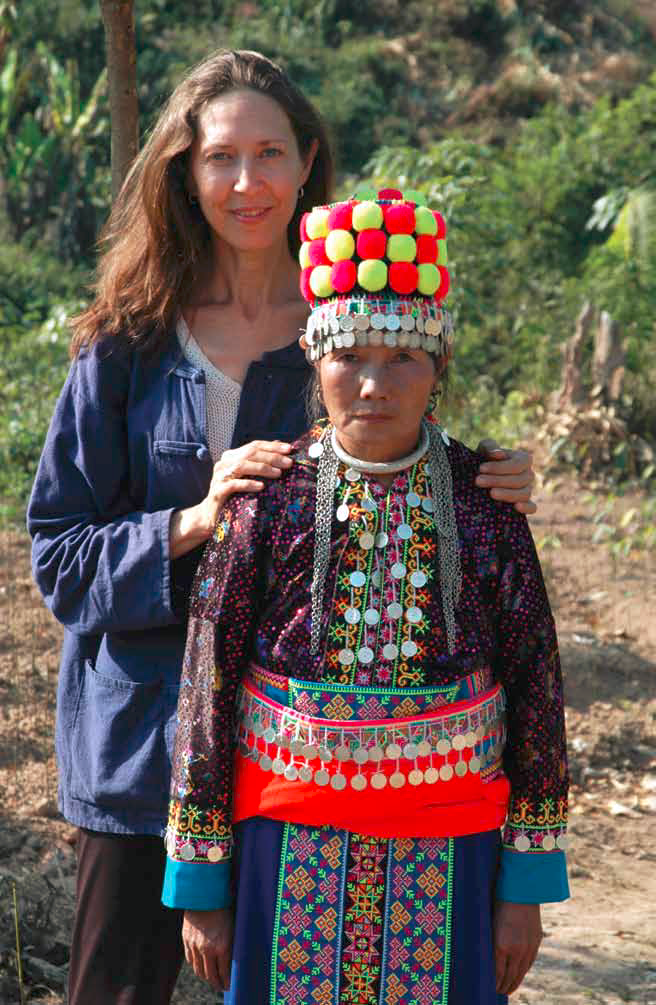
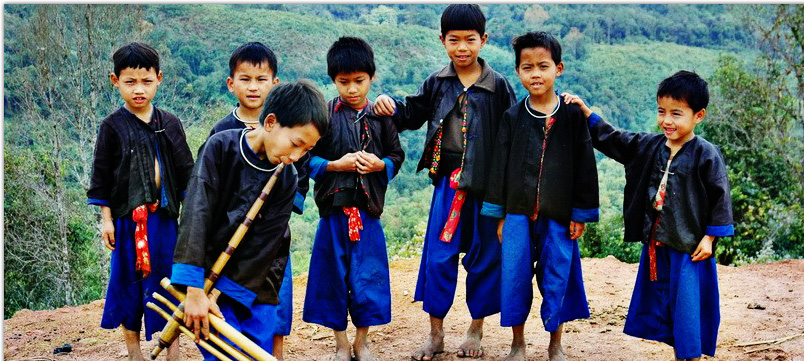
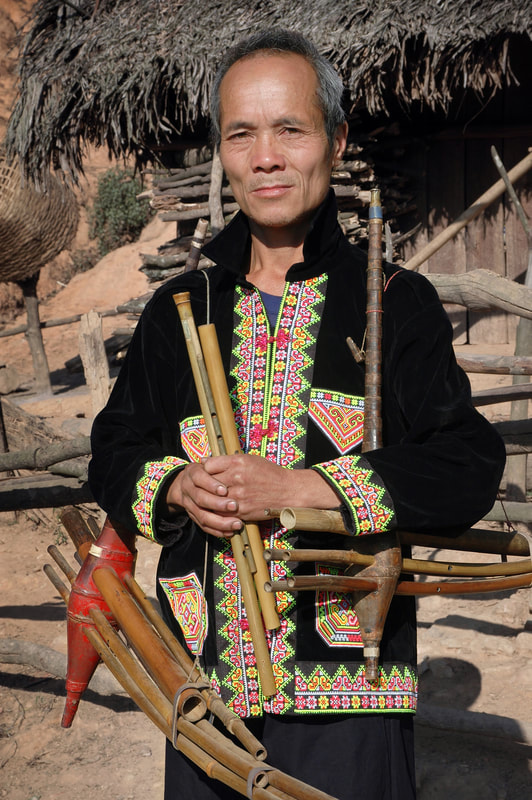
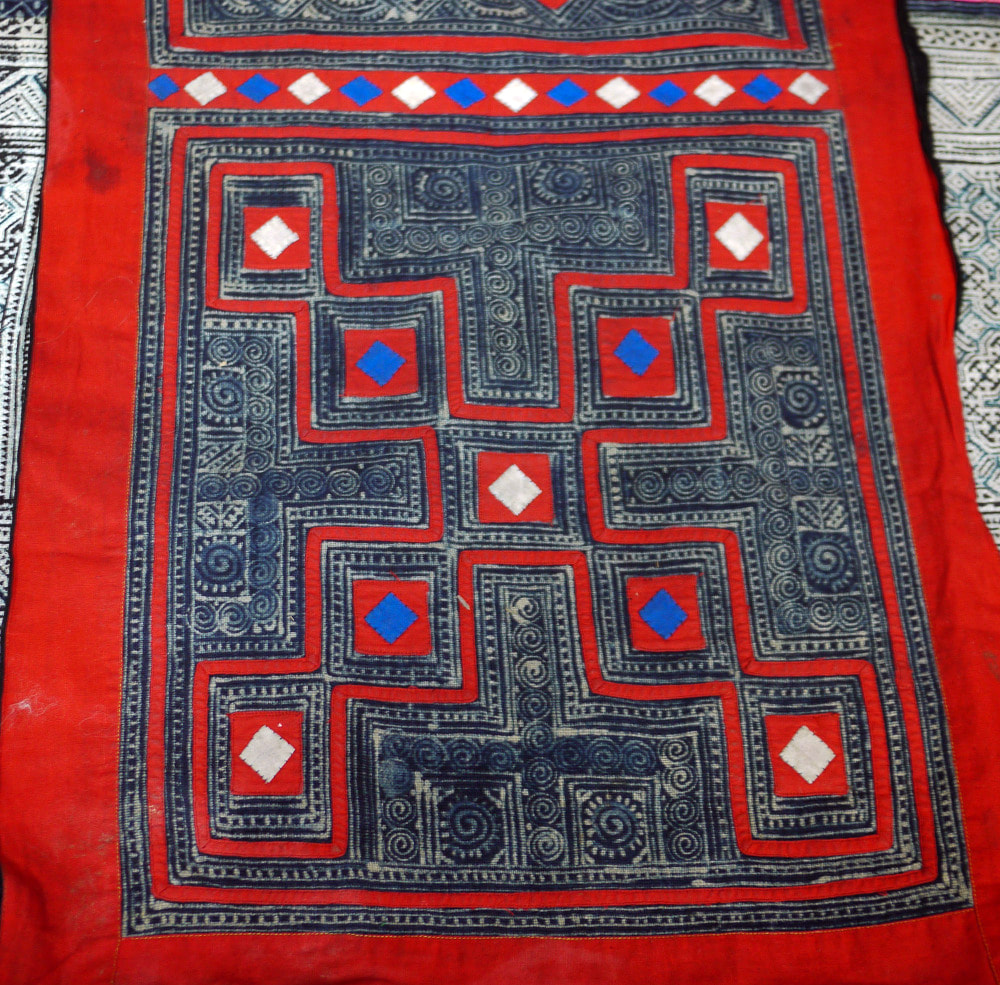
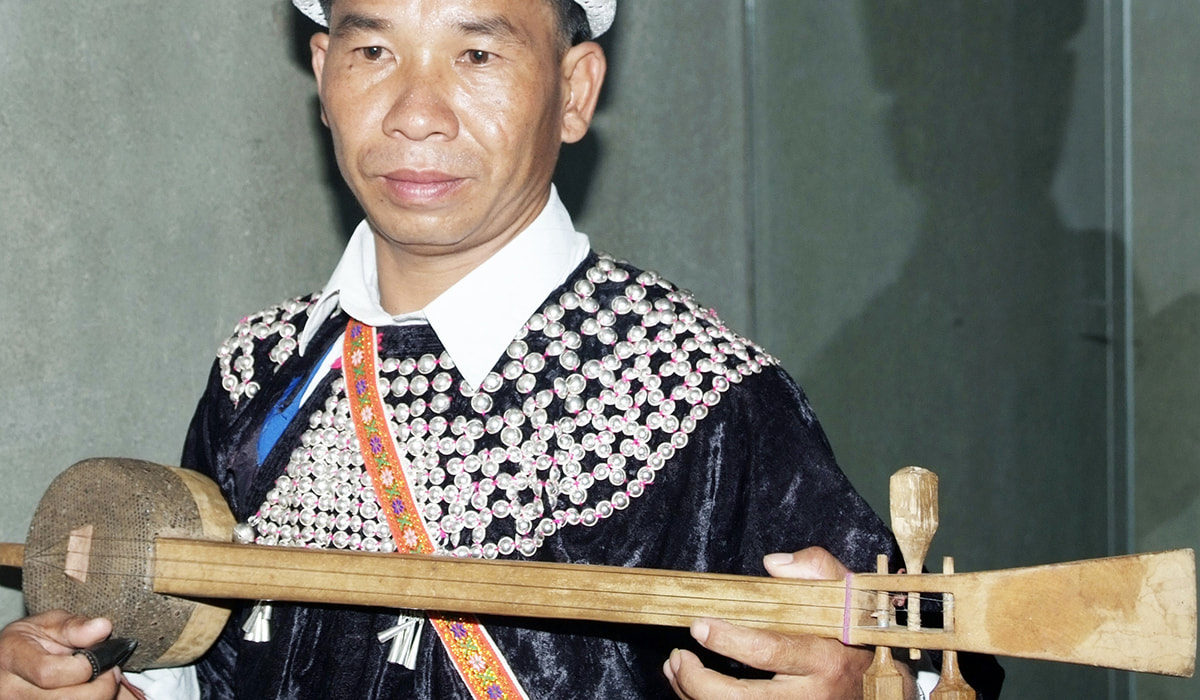
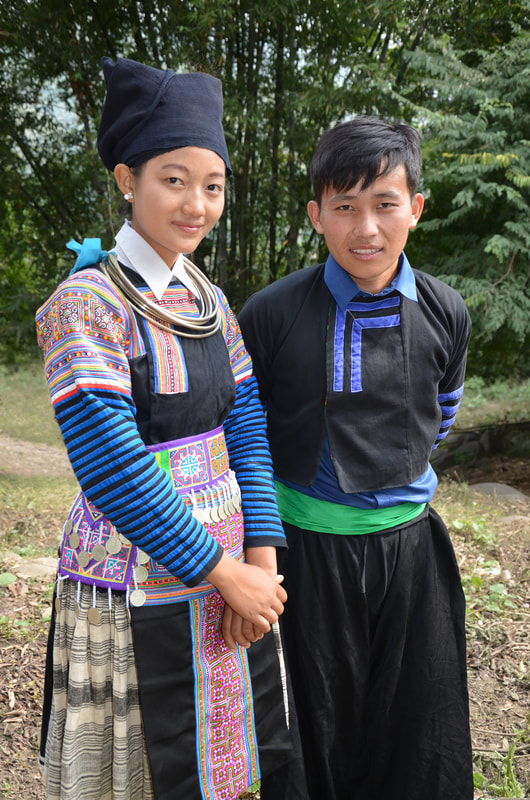
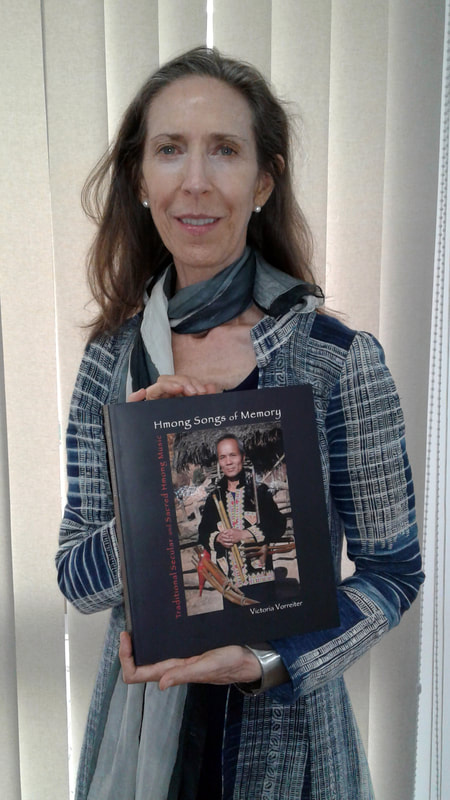
 RSS Feed
RSS Feed
















